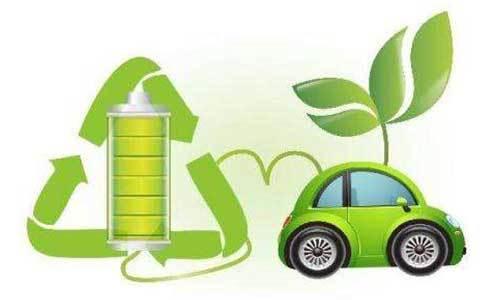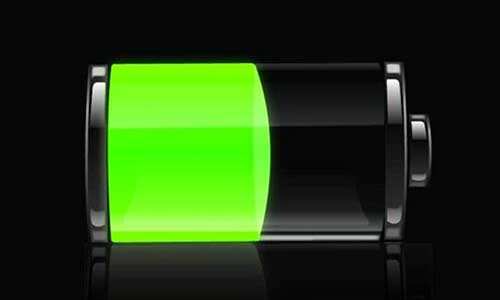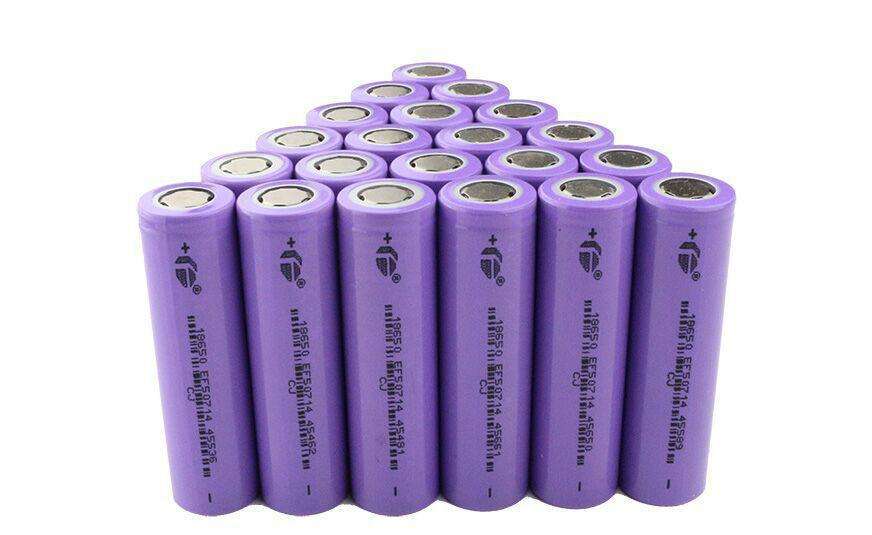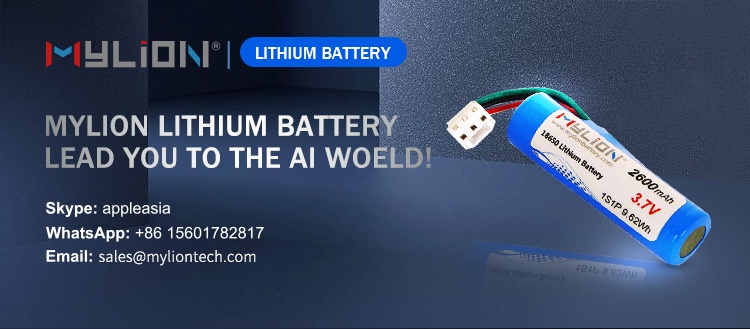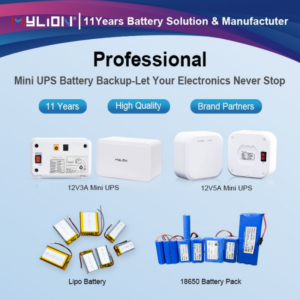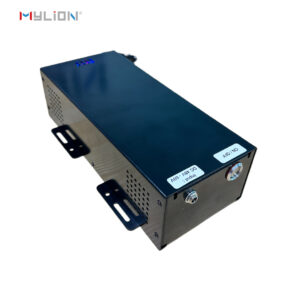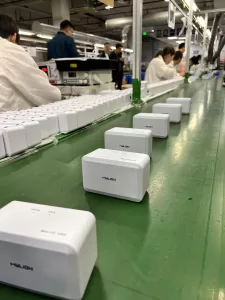According to a new research report by JMK Research and the Institute of Energy Economics and Financial Analysis (IEEFA), India’s annual Lithium-Ionen-Akku market will grow from 2.6 GWh in 2020-21 to 116 GWh in 2029-30, with electric vehicles (EV) accounts for 90% of the overall market.
The report expects Lithium-Ionen-Akku demand for automotive applications to increase from 2.3 GWh in FY 2020-21 to 104 GWh in FY 2029-30, supported by government policies, including rapid application and manufacturing of hybrid and electric vehicles (FAME), and state-level electric vehicle policies. Demand for Lithiumbatterien in non-automotive applications is expected to increase from 0.3 GWh to 12 GWh, driven by Telekommunikation towers, data centers, grid-scale renewable energy (RE) integration, and rooftop solar.
According to the report, the Indian government is targeting 30% of new car sales to be electric vehicles by 2030, India needs to add 450GW of renewable energy by 2030, and India needs to add 34 GW/136 GWh of battery storage by 2030. will further propel the country to become a key lithium battery consumer.
Considering the huge upcoming demand, the report highlights the strengthening of Lithiumbatterie production in India.
Battery packs have been developed in India for many years. However, commercial-scale Lithiumbatterie manufacturing has yet to begin. Therefore, the country mainly meets its Batterie needs through imports.
Battery manufacturing cost advantage in India
The report highlights various compelling reasons for Batterie manufacturing in India. It noted that, as of late 2020, India had the lowest battery manufacturing cost ($92.8/kWh), while the US, European countries, and even China ($98.2/kWh) and South Korea ($98.1/kWh) had the lowest Batterie manufacturing costs. higher than India. Likewise, India offers huge cost benefits in terms of cheap labor and electricity (gross monthly minimum wage in India in 2019 was $65 compared to $217 in China). On the demand side, falling battery prices and initiatives including the FAME scheme are encouraging the adoption of electric vehicles in India.
“Currently, India is likely to import all the raw materials needed for Batterie manufacturing, but this dependence can be reduced by entering into long-term contracts with raw material suppliers or by acquiring some assets in mineral-rich countries, and local capacity will gradually be introduced,” the report said. Establish.
The report noted that the challenges facing battery manufacturing in India range from a lack of key raw materials to the need for huge investments and a lack of technical know-how. It suggested Batterie recycling as one of the alternative solutions to meet the surging LiB demand. This will lead to the recycling of 90% of lithium, cobalt, nickel, manganese, and graphite and put India on the path to a circular economy, the report added.
“In general, however, as India already has a huge cost advantage in Batterie assembly and software-driven BMS capabilities, once Lithium-Ionen-Akku manufacturing flourishes, it can also realize significant gains through a vertically integrated value chain. For batteries Manufacturing and Batterie pack assembly, as long as Batterie standardization and battery safety issues are addressed, and industry and government work in sync, India’s future looks promising.”

